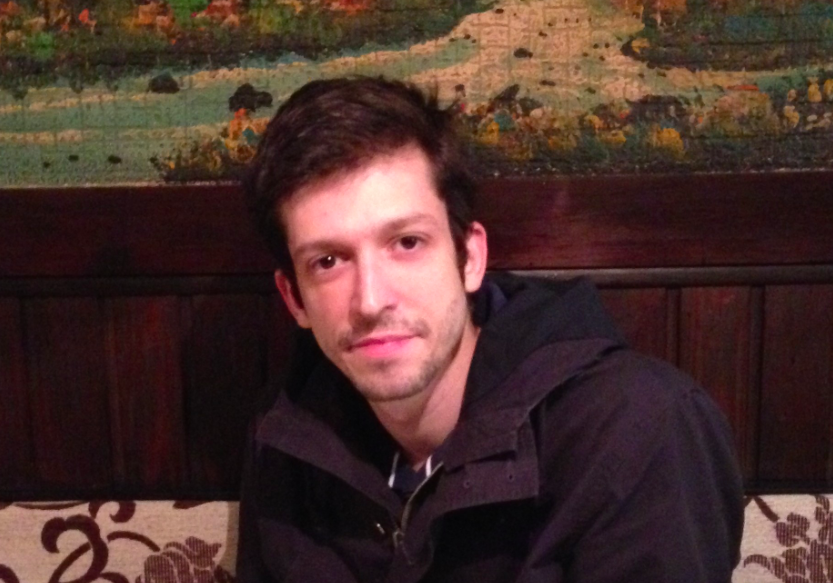Search
To search for an exact match, type the word or phrase you want in quotation marks.
A*DESK has been offering since 2002 contents about criticism and contemporary art. A*DESK has become consolidated thanks to all those who have believed in the project, all those who have followed us, debating, participating and collaborating. Many people have collaborated with A*DESK, and continue to do so. Their efforts, knowledge and belief in the project are what make it grow internationally. At A*DESK we have also generated work for over one hundred professionals in culture, from small collaborations with reviews and classes, to more prolonged and intense collaborations.
At A*DESK we believe in the need for free and universal access to culture and knowledge. We want to carry on being independent, remaining open to more ideas and opinions. If you believe in A*DESK, we need your backing to be able to continue. You can now participate in the project by supporting it. You can choose how much you want to contribute to the project.
You can decide how much you want to bring to the project.

A few years ago, I was leafing through some old issues of Flash Art in a second-hand bookshop on Calle Padilla: three or four magazines published in the late nineties, dusty and hidden away among poetry books, that didn’t appear to be anything special and yet even so I had no idea how they had got there. (Sometimes we only take a look at something wondering what happened to it on the way.) The answer lay in one of the issues that had a special section dedicated to Buenos Aires. Printed in black and white in two columns on one page and a half, it included the abridged versions of three reviews, most of them adaptations of the news briefs published by a number of recently opened institutions and art galleries that no longer exist. The special edition was truly special because most of the things it described didn’t take place (or only took place in the dream language of promotional communication) and yet, on the other hand, those that did take place during those years weren’t mentioned. But these specials about countries have their nuts and bolts is what I thought when I accepted the invitation made by A*Desk to be guest editor during the month of June and focus on the Argentinean context. Besides, June is the month of my birthday (this alone inspires a retrospective gaze). In any event, on the subject of how art galleries are opened or closed or how biennales are or aren’t organised in a given country I thought I should scratch deeper than the surface. For one of these reasons I felt that it would be better to change the procedure when it came to summoning Alejo Ponce de León, Delfina Bustamante and Melisa Rheingrüber to write articles on the local context, and suggested instead that they turned to processes that could be associated with the last ten years. The ways of operating must have been different too: Melisa drew up a chronicle that recalled oral history, focused on artists’ spaces of around 2011 conjured up by distant testimonies and memories; Alejo, at the other end of the institutional and stylistic spectrum, wrote about the last Argentinean dispatch to Venice almost ten years after (amidst a political turn to the right) the country managed to acquire its own pavilion; and Delfina interviewed the Lolo and Lauti duo, whose oscillation between discos and art fairs depicted the Buenos Aires art scene of the second decade of the twenty-first century. In addition, besides the contributors I felt I needed to count on an informer, an observer or a witness who could also have played an active role in the events of those years. The best person with whom to exchange such information was Santiago Villanueva, who was there when many of the events we listed in the initial interview to evoke some of the inevitable emotions of the last ten years actually took place.
(Highlighted image: Paula Castro, Variaciones del defecto, 2012)

Claudio Iglesias is an art critic based in Buenos Aires. His latest books are Corazón y realidad (Consonni, Bilbao, 2018) and Genios pobres (Mansalva, Buenos Aires, 2018).
"A desk is a dangerous place from which to watch the world" (John Le Carré)